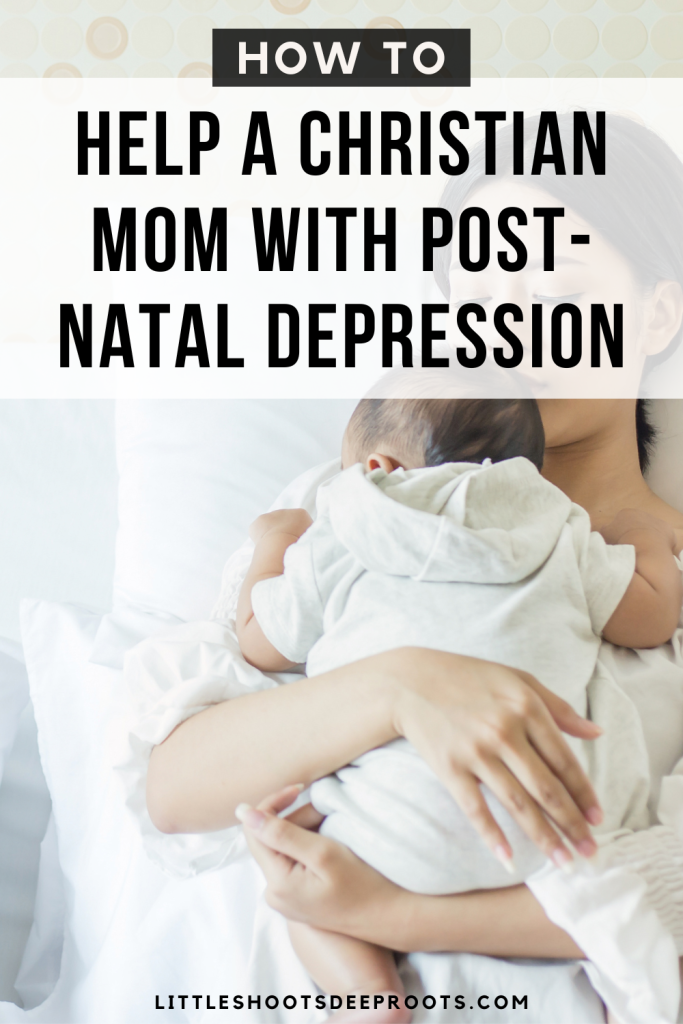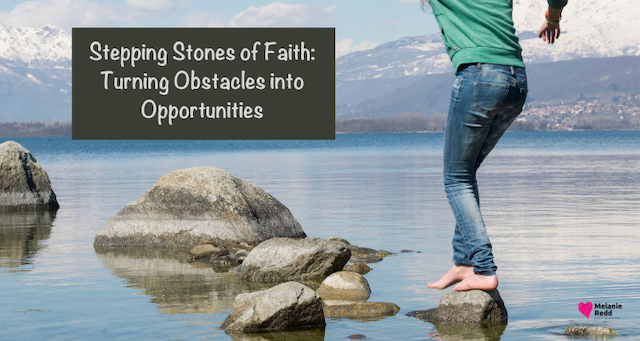Helping Fellow Christians With Postatal Depression

As an Amazon Associate I earn from qualifying purchases. This post may contain affiliate links. See my full disclosures, Terms of Use, and privacy policies on my “privacy” page. I never recommend a product I don’t love.
Almost all of us have a general idea of what to do when it comes to handling depression. You don’t have to be depressed to know how to support other people, and when a new baby is in the mix, depression can rear its ugly head very quickly. If you have someone in your circle of friends and family who has just brought a new child into the world, then you definitely need to be there for them.
As a Christian, you know more than most the need to be there for your neighbors and ensure that they feel well loved and that they have a supportive community. Jesus was always available to help the hurting, and you can show others his love by being available too.
You can help to advise younger women on clogged milk duct symptoms, and you can offer to cook and fill their freezers. Postnatal depression comes down like a fog and these precious mamas need you and your strength to get through it.
Here are some of the ways that you can help a fellow Christian with her feelings and hormones if postnatal depression sets in.

1. Prepare yourself.
Eventually, someone in your church or circle will have a baby! Understanding the symptoms of postnatal depression helps you to be on the lookout for it, which will help you to best support others. You can be a greater help if you are well read about postnatal depression so that you know what to look for.
Depression – especially postnatal depression – takes time to notice if you’re not paying attention. Once you notice a friend is pregnant, get to know the symptoms of depression and watch from a distance. Let them know you’re here to help and as a listening ear.
2. Don’t assume the depresssion is caused by sin.
Postnatal depression comes as a result of the major shift in life that a baby causes. Please don’t assume or communicate to this precious new mama that depression is something caused by personal sin. This is an unfortunate common reaction in churches because we’re uncomfortable with mental illness, but feeling depressed doesn’t mean that someone has done something wrong, or is demon-possesed or is being punished.
Someone in the pit of postnatal depression will feel alone, in despair, and scared for themselves and their life. Just because someone is spiritually desolate doesn’t mean that they should be cast out! This is actually where you need to draw them in the most. They need to be reminded over and over of their worth in the eyes of God, that their feelings are not a sin, and of your supportive presence.
3. Pray, but don’t assume prayer will automatically “fix it”
As a Christian, I believe God can do miracles through prayer. However, as a human being with friends dealing with mental health issues, I’m well aware that depression is a clinical condition and medication and therapy should never be ruled out. In fact, God may choose to use modern medical knowledge to help your friend. You should be without judgment as your friend goes through this difficult time and while you may want to advise not rushing to medication, don’t rule it out entirely. Encourage medical help beyond the church and believe that their doctor was given the gift of healing for a reason.
4. Don’t be alone.
Involve their family, friends and more – build a village around your friend who is dealing with postnatal depression. Put together some people to help clean their house, make and bring some food, offer time to shower and nap and be a companion. Depression can sink very quickly into suicidal thoughts, and you can be a beacon of hope and prevention, but you can’t do it alone! Ensure that you are drawing on strength from God and the greater community as you support your friend.
5. Be gentle.
There is a lot of judgment for those who are struggling after having a baby, and this is where you need to be supportive and gentle, not judgemental and disapproving. Whatever she needs to get through these early days of motherhood, you can be there for her. Your friend is someone you love, and we don’t allow the people we love to struggle, right? The Bible gives us a beautiful picture of how God cares for those who are hurting.
He tends his flock like a shepherd: He gathers the lambs in his arms and carries them close to his heart; he gently leads those that have young.
Isaiah 41:11
You can point your friend to this passage, but also remind them that their presence in the church will uplift them and carry them to better hope. New babies can be overwhelming and terrifying, especially if they are a young mom’s first child. You can be the difference she needs.
6. Always bring hope.
While you’re bringing your love and support, your freezer meals, and your mop and bucket, don’t forget to bring along some hope. You can use these verses to help encourage her, but also reassure her of your very real and immediate help. Help your friend to see that this is something you are aware of, remind her that you’ll be there for her and won’t drop her. Give her the hope that she won’t always feel this way, or want to cry all the time; give her hope that she can get through this period of life in one piece and not feel so afraid all the time. Lastly, give her the hope that there is so much more to life than a black waste of panic.
Postnatal depression needs support, love and understanding, and with the right attitude and community, you can be part of supporting the young moms you love.




